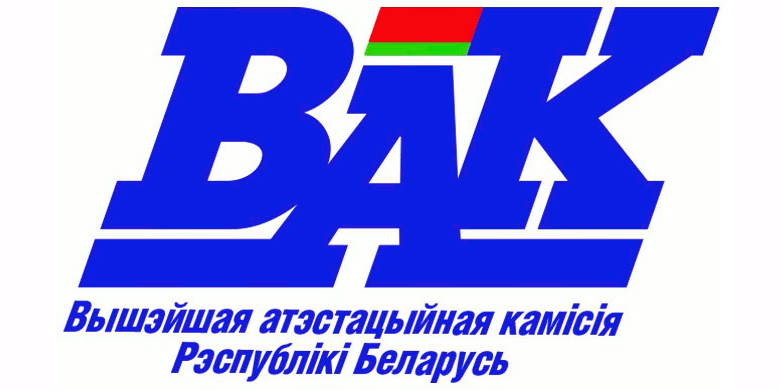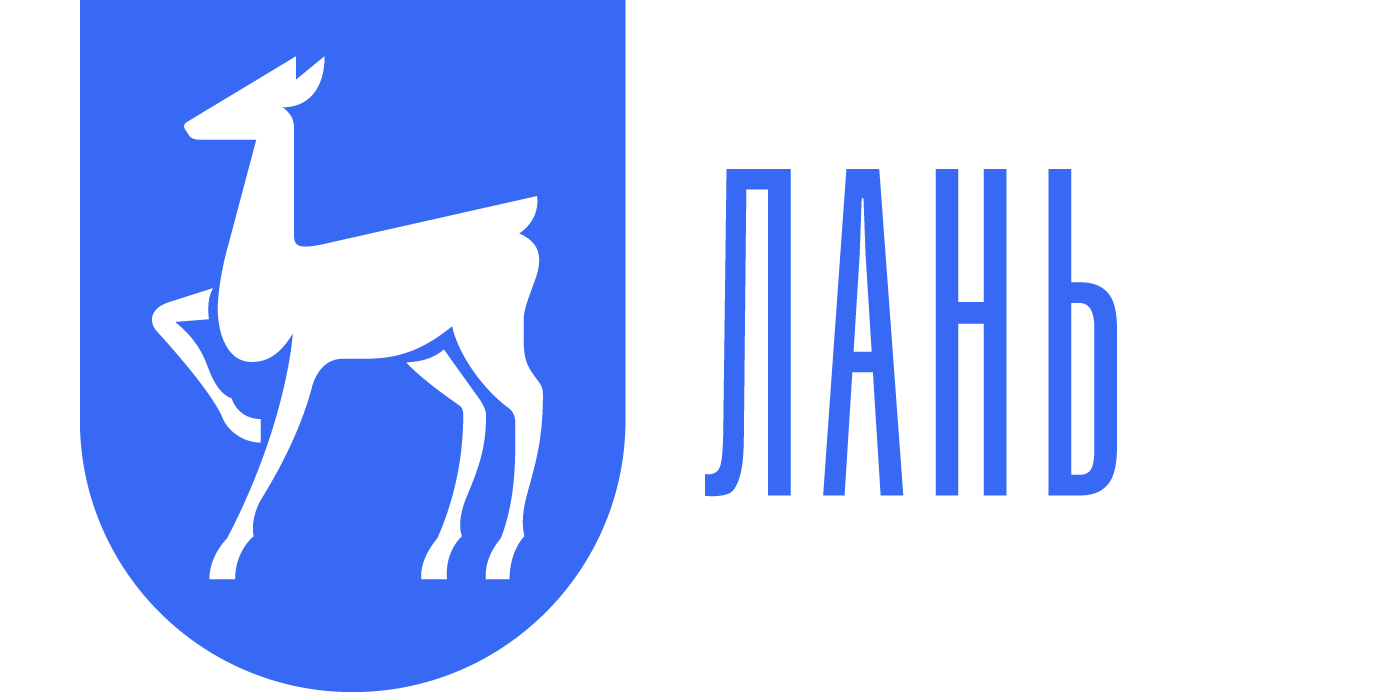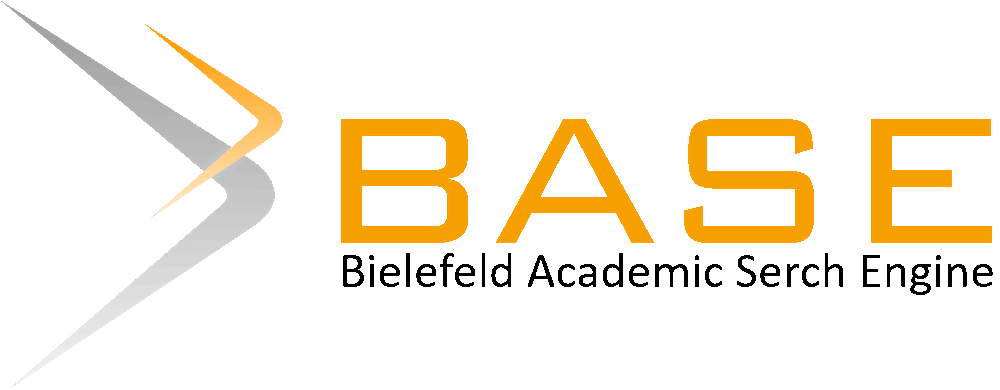Philosophical-allegorical novel in the period of modernism: traditions and innovations
Keywords:
philosophical and allegorical novel, modernism, transcendental, monadological model, metanarrative, extraspectionAbstract
Objective: to reveal the philosophical and allegorical features of M. Proust's novel "In Search of Lost Time". Methods: dialectic, genetic, hermeneutic, structural-semiotic, intertextual, systemic. Results of the study can be used in the further study of the philosophical and allegorical novel from the standpoint of modern aesthetics, cultural studies, literary criticism, comparative studies, which, in turn, will deepen understanding of the modern literary process. Conclusion. Starting with a short historical overview that has proven the transcendental functionality of allegory since the Middle Ages, we find that allegory has taken on a "second wind" in modernist literature. In contrast to the aesthetic postulate of the romantics about the expression of oneself in idyllic nature, Ch. Baudelaire used allegory as part of his surnaturalisme program to return metaphysical knowledge lost in everyday life into a work of art, as well as to antagonize nature. Allegory as a sacred genre recreates the image of the lost God. The concept of the allegory of Ch. Baudelaire was continued by M. Proust. W. Benjamin in his writings proposed to consider the resurrection of the past in the novel "In Search of Lost Time" as an allegory. M. Proust's allegory returns the so-called “lost paradise”. A childhood and adolescent paradise that is (re) reborn with imaginary, surreal patterns of the individual's past. In the novel In Search of Lost Time, the allegorical reconstruction of an imaginary subject takes on an aesthetic character. The revival of spiritual life is reflected, on the one hand, as a topographic phenomenon, but, on the other hand, the topographic model is complemented by the concept of transcendental action. The author builds in the novel a monadological model of the inner and outer world, which motivates the topology of “search” and reveals the subject as a deep “I”.
References
Жилевич, О. Ф. Роман "Дорога" К.Маккарти как аллегория апокалипсиса в XXI веке / О. Ф. Жилевич // Веснік Палескага дзяржаўнага універсітэта. Серыя грамадскіх і гуманітарных навук: научно-практический журнал. – 2021. – № 1. – С. 64-73.
Мамардашвили, М. К. Лекции о Прусте / М. К. Мамардашвили. – М.: Ad Marginem, 1995. – 548 с.
Михайлов, А. Д. Поэтика Пруста / А. Д. Михайлов. – М.: Языки славянской культуры, 2012. – 504 с.
Моруа, А. В поисках Пруста / А. Моруа. – СПб.: Лимбус Пресс; Издательство К. Тублина, 2018. – 400 с.
Baudelaire, Ch. Les Fleurs du Mal / Ch. Baudelaire. – Paris, Flammarion, 1991. – 189 p.
Benjamin, W. The Origin of German Tragic Drama. Trans. John Osborne / W. Benjamin. – New York: Verso, 2009. – 240 p.
Bestegui, M. Proust as Philosopher. The Art of Metaphor / M. Bestegui. – L.; N. Y., 2013. – 138 p.
Bonnet, H. Alphonse Darlu (1849–1921), le maître de philosophie de Marcel Proust [Электронный ресурс] / H. Bonnet // Cahiers internationales des études françaises. 1960. – № 12. – С. 191–197. – Режим доступа : http://www.persee.fr/doc/caief_0571-5865_1960_num_12_1_2176 – Дата доступа: 01.09.2021
Brée, G. La conception proustienne de l’ “esprit” [Электронный ресурс] / G. Brée // Cahiers internationales des études françaises. 1960. – № 12. – С. 199–210. – Режим доступа: http:// www.persee.fr/doc/caief_0571-5865_1960_num_12_1_2177 – Дата доступа: 01.09.2021
Deleuze, G. Marsel Proust et les signes / G. Deleuze. – P.: PUF, 2014. – 228 с.
De Man, P. Reading (Proust) / P. De Man // Allegories of Reading, Figural Language in Rousseau, Nietzsche, Rilke and Proust. – London, New Haven, Yale University Press, 1988. – С. 57-78.
Fraisse, L. Proust et la philosophie de la volonté / L. Fraisse // Littérature. – 2014. – № 175. – С. 61–75.
Knaller, K. A Theory of Allegory beyond Walter Benjamin and Paul de Man; with Some Remarks on Allegory and Memory / K. Knaller // The Germanic Review: Literature, Culture, Theory. – 77:2. – С. 83-101.
Loehr, J. Science critique et conscience d’auteur: Proust à l’épreuve / J. Loehr // Littérature. – 2012. – № 168. – С. 103–120.
Milly, J. Autobiographie et littérature chez Proust / J. Milly // Francofonia. 1987. – № 13. – С. 3–11.
Proust, M. Contre Sainte-Beuve, précédé de Pastiches et mélanges et suivi de Essais et articles / M. Proust. – Paris, Gallimard, 1971. – 1040 с.
Proust, M. Le Temps retrouvé / M. Proust. – Paris, Gallimard, 1989. – 474 с.
Ricoeur, P. The Rule of Metaphor: Multidisciplinary Studies of the Creation of Meaning in Language / P. Ricoeur // Trans. Robert Czerny with Kathleen McLaughlin and John Costello. – Toronto: University of Toronto Press, 1977. – 454 с.
Schamel, A. Allegory as imaginary past: transcendence and acting subject in Proust's Recherche », TRANS [En ligne], 6 | 2008, mis en ligne le 07 juillet 2008, consulté le 28 septembre 2021. – Режим доступа: http://journals.openedition.org/trans/285 – Дата доступа: 01.09.2021
References
Jilevich O.F. Roman "Doroga" K.Makkarti kak allegoriya apokalipsisa v XXI veke [The novel "The Road" by K. McCarthy as an allegory of the Apocalypse in the XXI century]. Vestnik Polesskogo gosudarstvennogo universiteta. Seriya obshhestvenny`kh i gumanitarny`kh nauk [Bulletin of Polessky State University. Series in Social sciences and Humanities]. 2021, no. 1, pp. 64-73. (In Russian)
Mamardashvili M.K. Lekczii o Pruste [Lectures about Proust]. M .: Ad Marginem, 1995, 548 p. (In Russian)
Mikhailov A.D. Poe`tika Prusta [Poetics of Proust]. M .: Languages of Slavic culture, 2012, 504 p. (In Russian)
Maurois A. V poiskakh Prusta [In Search of Proust]. SPb .: Limbus Press; K. Tublin Publishing House, 2018, 400 p. (In Russian)
Baudelaire, Ch. Les Fleurs du Mal. Paris, Flammarion, 1991, 189 p. (in French)
Benjamin W. The Origin of German Tragic Drama. Trans. John Osborne. New York: Verso, 2009, 240 p.
Bestegui M. Proust as Philosopher. The Art of Metaphor. L.; N. Y., 2013, 138 p.
Bonnet H. Alphonse Darlu (1849–1921), le maître de philosophie de Marcel Proust. Cahiers internationales des études françaises. 1960, no 12, pp. 191–197. Available at: http://www.persee.fr/doc/caief_0571-5865_1960_num_12_1_2176. (accessed: 01.09.2021). (in French)
Brée G. La conception proustienne de l’ “esprit”. Cahiers internationales des études françaises. 1960, no 12, pp. 199–210. Available at: http:// www.persee.fr/doc/caief_0571-5865_1960_num_12_1_2177 (accessed: 01.09.2021). (in French)
Deleuze G. Marsel Proust et les signes / G. Deleuze. P.: PUF, 2014. – 228 p. (in French)
De Man P. Reading (Proust) Allegories of Reading, Figural Language in Rousseau, Nietzsche, Rilke and Proust. London, New Haven, Yale University Press, 1988, pp. 57-78.
Fraisse L. Proust et la philosophie de la volonté. Littérature. 2014, no. 175, pp. 61–75. (in French)
Knaller K. A Theory of Allegory beyond Walter Benjamin and Paul de Man; with Some Remarks on Allegory and Memory. The Germanic Review: Literature, Culture, Theory. 77:2, pp. 83-101.
Loehr J. Science critique et conscience d’auteur: Proust à l’épreuve. Littérature. – 2012, no 168, pp. 103–120. (in French)
Milly J. Autobiographie et littérature chez Proust. Francofonia. 1987, no 13, pp. 3–11. (in French)
Proust M. Contre Sainte-Beuve, précédé de Pastiches et mélanges et suivi de Essais et articles. Paris, Gallimard, 1971, 1040 p. (in French)
Proust M. Le Temps retrouvé. Paris, Gallimard, 1989, 474 p. (in French)
Ricoeur P. The Rule of Metaphor: Multidisciplinary Studies of the Creation of Meaning in Language. Trans. Robert Czerny with Kathleen McLaughlin and John Costello. Toronto: University of Toronto Press, 1977, 454 p.
Schamel, A. Allegory as imaginary past: transcendence and acting subject in Proust's Recherche », TRANS- [En ligne], 6 | 2008, mis en ligne le 07 juillet 2008, consulté le 28 septembre 2021. Available at: http://journals.openedition.org/trans/285. (accessed: 01.09.2021).













